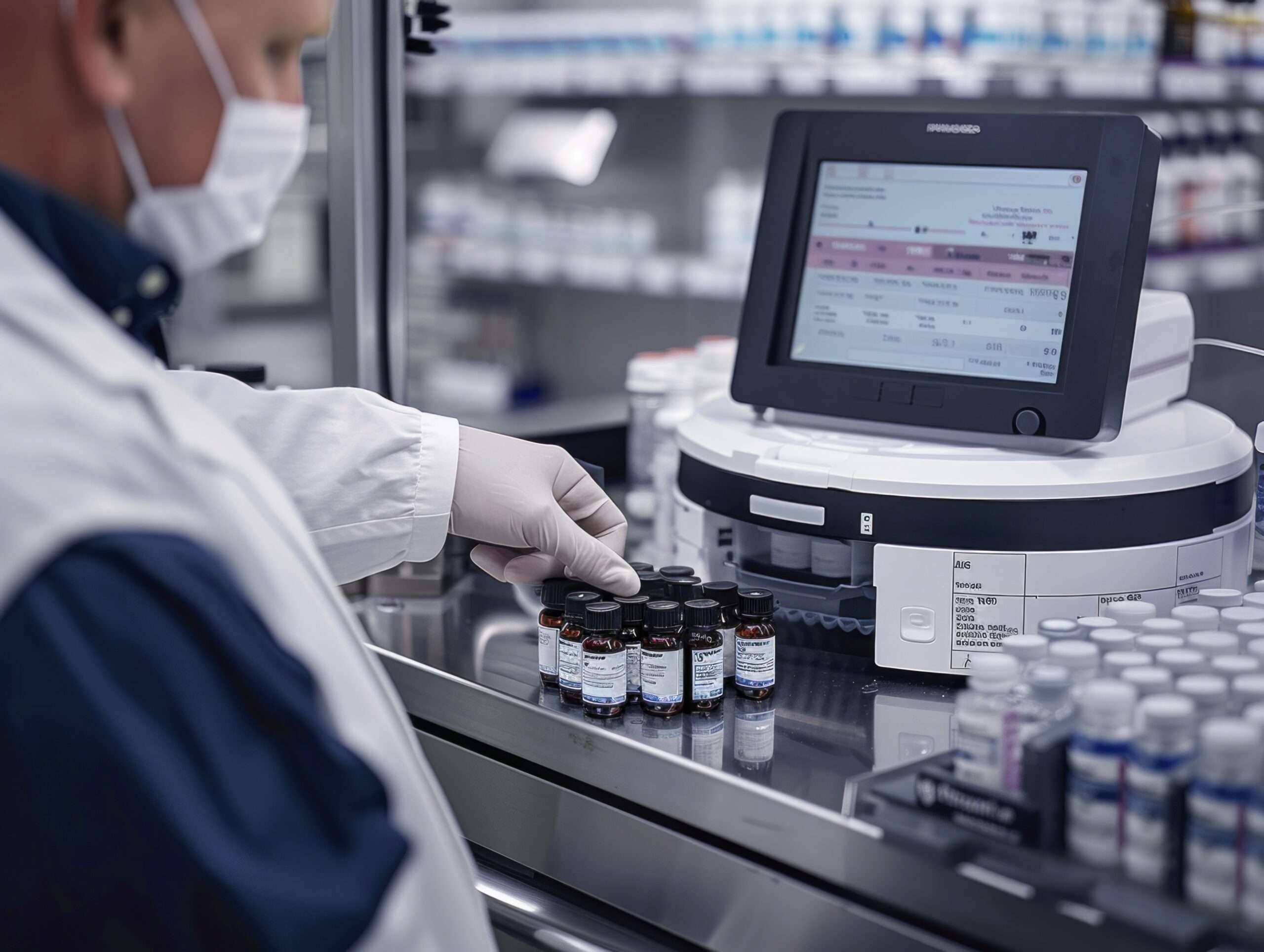GMP compliance in pharma is one of the most crucial requirements for ensuring product quality, patient safety, and global regulatory acceptance. Many pharmaceutical businesses struggle with meeting stringent GMP guidelines, maintaining documentation, improving plant hygiene, and passing audits. If you’ve ever wondered what GMP compliance really includes and how it impacts your daily operations, this guide is for you. In this article, you’ll learn what GMP compliance in pharma means, why it matters, how you can implement it effectively, and how JD Pharma Consultants, a leading pharma consultancy in Indore and trusted Pharma consultancy company in India, helps companies achieve full compliance through expert solutions and Third Party Audit Services in India.
GMP Compliance in Pharma
GMP compliance in pharma refers to adhering to Good Manufacturing Practices—a set of guidelines ensuring that pharmaceutical products are consistently produced and controlled according to quality standards. It covers every element of production, including:
- Manufacturing processes
- Facility cleanliness
- Equipment qualification
- Personnel training
- Quality control and documentation
These standards help pharmaceutical companies produce safe, effective, and high-quality medicines.
Why GMP Compliance in Pharma Is Important
GMP compliance in pharma protects both patients and manufacturers. For businesses, non-compliance can result in:
- Regulatory penalties
- Market recalls
- Plant shutdowns
- Loss of credibility
For patients, it ensures medicines are safe, effective, and free from contamination or errors.
Key Elements of GMP Compliance in Pharma
1. GMP Compliance in Pharma Through Proper Facility Design
A major component of GMP compliance in pharma is the layout of your manufacturing plant. Your facility must support:
- Smooth material and personnel flow
- Cleanroom classification
- Contamination control
- Segregation of high-risk areas
Expert engineering and architectural support from JD Pharma Consultants ensures plants are designed to meet global GMP standards such as WHO, USFDA, EU-GMP, and MHRA.
2. GMP Compliance in Pharma Through Documentation
Documentation is the backbone of GMP compliance in pharma. It includes:
- SOPs
- Batch Manufacturing Records
- Validation protocols
- Equipment logs
- Quality manuals
Every process must be documented accurately and updated regularly.
3. GMP Compliance in Pharma Through Quality Control
QC ensures that raw materials, intermediates, and finished products meet set specifications. Companies must follow:
- Sample testing
- Stability studies
- Retention sample storage
- Laboratory safety practices
4. GMP Compliance in Pharma Through Personnel Training
GMP compliance in pharma requires trained and competent staff. Employees must understand:
- SOPs
- Hygiene practices
- Safety procedures
- Documentation handling
A strong training program helps minimize errors and maintain consistency.
5. GMP Compliance in Pharma Through Validation & Qualification
Validation ensures processes consistently deliver expected results. This involves:
- HVAC validation
- Equipment qualification
- Cleaning validation
- Process validation
How to Achieve GMP Compliance in Pharma: Practical Steps
1. Conduct a GMP Gap Assessment
Start with a detailed inspection to identify non-compliant areas. Hiring experts like JD Pharma Consultants, known for their Third Party Audit Services in India, helps identify issues before regulators do.
2. Upgrade Facility Layout
If needed, redesign or modify plant areas to meet GMP flow requirements. This includes HVAC planning, cleanroom zoning, and equipment placement.
3. Update Documentation
Create or revise SOPs, production records, and quality manuals. Maintain digital documentation for easy traceability.
4. Implement Training Programs
Regular training ensures teams understand procedures, quality expectations, and safety measures.
5. Perform Internal & External Audits
Routine audits help maintain continuous compliance. External audits from a Pharma consultancy company in India like JD Pharma Consultants offer unbiased assessment and corrective action plans.
Benefits of Achieving GMP Compliance in Pharma
- Improved product quality
- Reduced risk of regulatory actions
- Increased market trust
- Faster approvals for new products
- Enhanced operational efficiency
- Higher export potential
GMP Compliance in Pharma: Real-World Applications
Companies implementing GMP compliance see improvements such as:
- Reduced batch failures
- Smooth regulatory inspections
- Better inventory control
- Minimized cross-contamination
- Streamlined production cycles
How JD Pharma Consultants Helps You Achieve GMP Compliance in Pharma
JD Pharma Consultants is a trusted pharma consultancy in Indore and one of the leading Pharma consultancy companies in India, offering end-to-end GMP services, including:
- GMP audits & gap analysis
- Plant layout design as per GMP
- HVAC & cleanroom planning
- Documentation support
- Validation & qualification services
- Regulatory submission support
- Third Party Audit Services in India
Our team ensures your facility meets WHO-GMP, EU-GMP, USFDA, and MHRA standards.
FAQ on GMP Compliance in Pharma
1. What is GMP compliance in pharma and why is it essential?
GMP compliance in pharma refers to following the Good Manufacturing Practices set by regulatory authorities to ensure that every medicine produced is safe, pure, and effective. It is essential because it minimizes risks such as contamination, mix-ups, and deviations that can impact patient safety. Companies that follow GMP also gain regulatory approval faster and improve their global market acceptance.
2. Which regulatory bodies monitor GMP compliance in pharma?
Several national and international authorities oversee GMP compliance in pharma. The key bodies include:
- WHO (World Health Organization)
- USFDA (United States Food & Drug Administration)
- EU-GMP / EMA (European Medicines Agency)
- MHRA (UK Medicines and Healthcare products Regulatory Agency)
- CDSCO (Central Drugs Standard Control Organization – India)
Each authority may have slight variations in guidelines, but the core GMP principles remain consistent globally.
3. What are the major challenges companies face in achieving GMP compliance?
Common challenges include poor facility layout, insufficient documentation, lack of training, outdated equipment, non-validated processes, and failure to conduct periodic audits. Many companies also struggle with maintaining data integrity and ensuring real-time monitoring of critical operations. Working with experts like JD Pharma Consultants helps overcome these issues effectively.
Conclusion
GMP compliance in pharma is essential for producing safe, regulatory-approved, high-quality medicines. With the right strategy, trained workforce, and expert guidance, achieving compliance becomes smooth and sustainable. JD Pharma Consultants, a trusted pharma consultancy in Indore, provides comprehensive solutions to help companies meet global GMP standards. If you want expert support in audits, documentation, or plant design, contact JD Pharma Consultants today and strengthen your path to GMP excellence.



